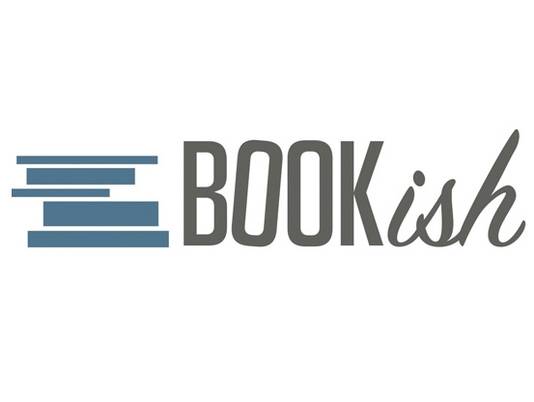(interview with Daniel Lefferts from Bookish.com, June, 2013)
Bookish: Your book is a collection of short stories about patients, and storytelling plays role in your therapeutic approach, as well. Describe the relationship between narrative and psychoanalysis.
Stephen Grosz: The people who come to analysis are in great pain, and usually part of the pain is that they can’t articulate it well. They don’t have a way of telling it. Often, the most important stories of our lives are about some of the most difficult things that no one helped us to find the words to describe. [In analysis,] you try to hear [the patient’s] stories and work out what’s going on. All the highfalutin psychoanalytic language—which is not in my book—is, to me, a diversion from the directness of literature—hearing people’s stories, and trying to put that story as clearly and as plainly on the page as possible.
Bookish: Was it your aim, in writing “The Examined Life,” to help people?
SG: The best thing a book can do to help us feel a new thing or think a new thing. One of the reasons I love Andrew Solomon’s book, “Far From the Tree,” [is because] I have not met one person who’s read that book and not changed how they thought. I tried to write things that would change how people think. The issues I chose had a kind of urgency, because they are the things my friends and I talk about, my wife and I talk about, my children and I talk about, my patients want to know about. They are the most pressing problems. I felt I had something to say about them, or that the patients had taught me something that I wanted to show. (read the full article)

